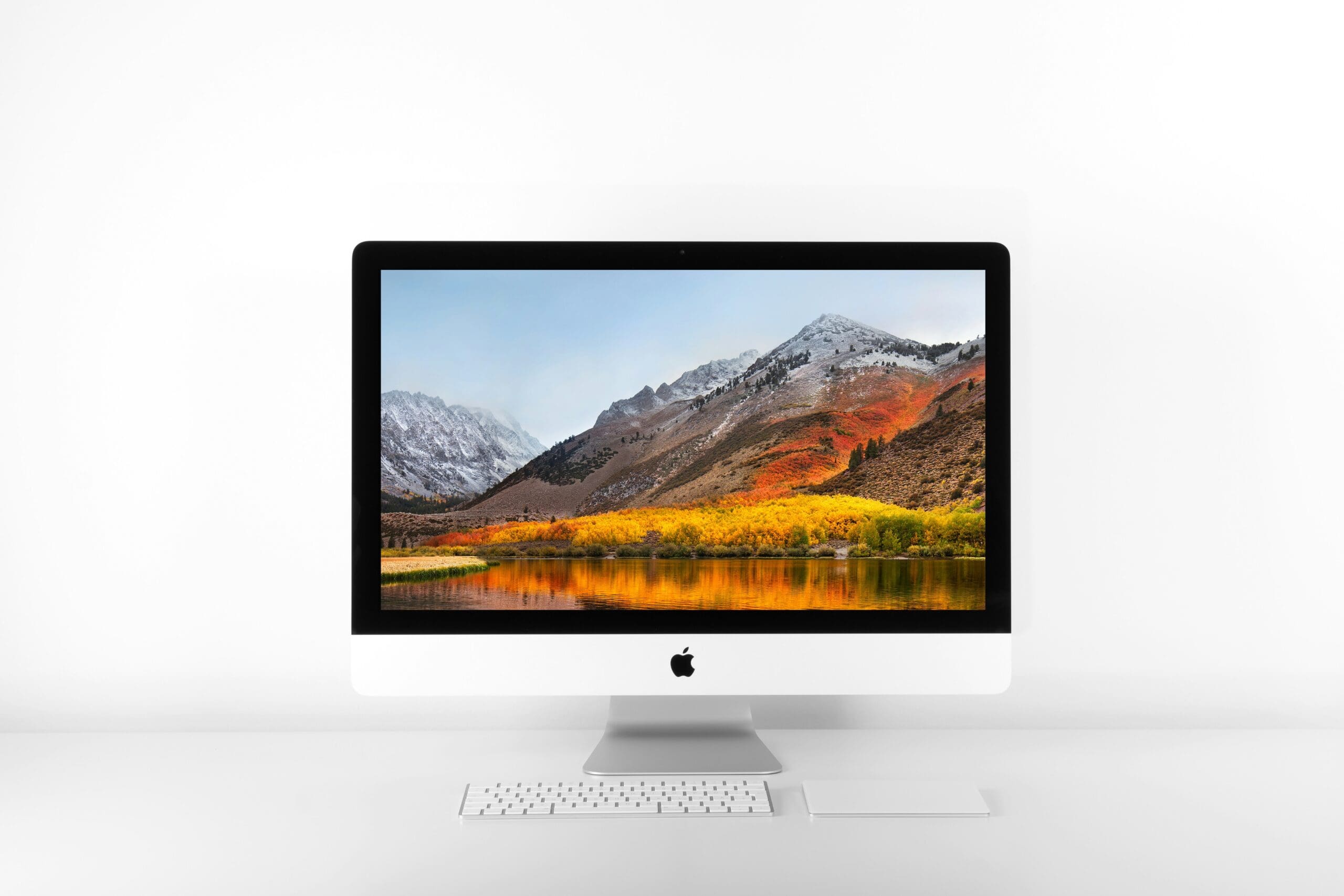In today’s world, screens are like that overly chatty coworker who never stops talking. From the moment we wake up to the second we collapse into bed, we’re tethered to our devices—scrolling, streaming, emailing, and occasionally Googling, “Why am I so tired all the time?” Spoiler: it’s probably the screens, duh. While technology keeps us connected and entertained, it also leaves us feeling drained, distracted, and low-key zombified. That’s why taking intentional breaks—what I like to call “unplugging to replug”—is essential for maintaining our mental, emotional, and physical health (and yes, even our sleep).
Let’s be honest: constant screen use is doing a number on us. Social media turns us into anxious compare-a-holics, wondering why Karen’s vacation looks like paradise while we’re stuck in yoga pants eating cereal for dinner. Notifications are like clingy toddlers, demanding attention every two seconds, and the endless stream of news, memes, and email alerts keeps our brains running on overdrive. It’s no wonder we’re burnt out. To make things worse, staring at screens all day and night isn’t just exhausting—it’s also messing with our sleep. Blue light from devices tricks your brain into thinking it’s still daytime, suppressing melatonin production and making it harder to fall asleep. (And let’s be real: doom-scrolling or binge-watching until 1 AM doesn’t exactly help.)
Taking a break from screens is like a spa day for your brain. Stepping away from the constant noise and bright lights gives your mind a chance to chill out, reboot, and recharge. When you unplug, you’re not just surviving the day; you’re noticing life again—like how the clouds are shaped like dinosaurs, your coffee smells amazing, and wow, your kid grew an inch while you were busy checking emails. Even short breaks can make a huge difference, helping you feel more focused, creative, and connected. And here’s a bonus: cutting out screen time before bed can improve your sleep, leaving you more rested and ready to face the day (and Karen’s vacation pics).
One of the best perks of unplugging? It makes your relationships better. Screens are like that third wheel who always interrupts—“Hang on, let me just reply to this.” When you put the phone down, you’re fully present for the people you care about. Whether it’s a heart-to-heart with your partner, a goofy dance party with your kids, or even just a quiet meal together, these moments remind you why relationships matter. After all, Instagram likes can’t compete with real-life belly laughs.
If the idea of unplugging makes you twitchy, don’t worry—it’s not about living off the grid or throwing your phone into the ocean. Start small. Ban devices at dinner, declare your bedroom a screen-free zone (seriously, your sleep will thank you), or try a no-scroll hour every evening. If you’re feeling brave, go big with a weekend digital detox. Use the time to do something wild, like reading a book, going for a walk, or learning to knit a scarf for your dog. Who knows? You might even remember hobbies that don’t involve staring at a rectangle.
Unplugging isn’t about rejecting technology; it’s about putting it in its place so it doesn’t take over your life—or your sleep. When we unplug, we replug into what really matters: our health, our relationships, and the world around us. Try it—45 minutes a day, 4-5 times a week. Your brain, your loved ones, and your sleep-deprived self will thank you. Now go ahead, put the phone down, and give yourself a break. Who knows?
You don’t need to know what someone you haven’t seen in real life for several years ate on their vacation. Honestly, does knowing they had a truffle risotto in Italy really add value to your day? If anything, it might make you stare at your boxed mac and cheese with a little less enthusiasm. And if they have a bigger budget or seem to be living a shinier life, it can steal the joy from your own. Here’s the reality: there’s always going to be someone (or at least someone appearing on social media) with a better house, skinnier frame, bigger paycheck, better-behaved kids, or a résumé that makes yours look like a to-do list.
But the key is this—it’s your choice to step away from the comparison trap. You can decide to appreciate your own life, messy and beautiful as it is, rather than scrolling through curated highlight reels that are more Photoshop than reality. Disconnecting from the endless scroll allows you to re-center on what truly matters: your values, your relationships, and those small joys that make your life uniquely yours.
And hey, your mac and cheese might not be truffle risotto, but it’s still pretty darn good. And you didnt make a 4 tier deluxe cake from scratch for that birthday party? Duncan Hines always taste good…

Comments +